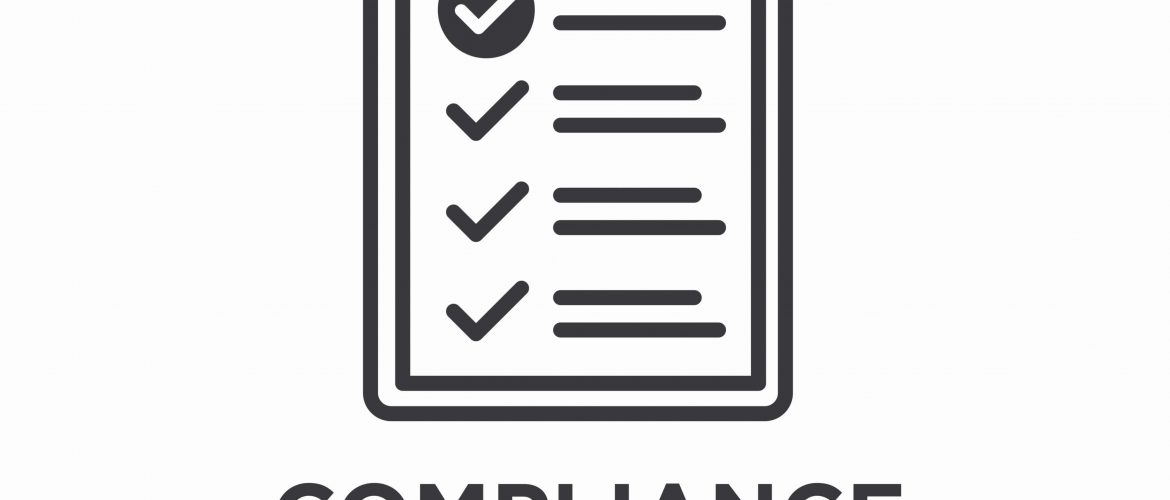Meeting CMS Requirements for Dementia Care, Part I
Jeannine LeCompte, Compliance Research Specialist
The Centers for Medicare and Medicaid (CMS) has a number of strict requirements for facilities caring for residents with dementia, and adherence to these regulations is vital for both the comfort and care levels of residents and for the continued viability of the facility.
Title 42 (Public Health), Chapter IV, Subchapter G (Standards and Certification) Part 483.40, under the heading “Requirements for Long-Term Care Facilities,” contains the core requirements. This section states that each resident must “receive, and the facility must provide, the necessary behavioral healthcare and services to attain or maintain the highest practicable physical, mental, and psychosocial well-being, in accordance with the comprehensive assessment and plan of care.”
CMS states that “behavioral health” encompasses a “resident’s whole emotional and mental well-being, which includes, but is not limited to, the prevention and treatment of mental and substance use disorders.” In order to meet this standard a facility must have sufficient staff who provide direct services to residents. Understaffing, whether accidental or deliberate, can count as fraud. Staff must have the “appropriate competencies and skills sets” to provide nursing and related services to ensure resident safety.
The facility is obliged to “attain or maintain the highest practicable physical, mental, and psychosocial well-being of each resident.” The level of this “well-being” must be determined by individual resident assessments and care plans. In addition, the care plans must take into account the “number, acuity, and diagnoses of the facility’s resident population in accordance with § 483.70(e).”
This latter section deals with the requirement to have a complete facility assessment which must document what “resources are necessary to care for its residents competently during both day-to-day operations and emergencies.” In particular, subsection iii of § 483.70(e) states that staff competencies must “provide the level and types of care needed for the resident population.”
These competencies and skill sets include, but are not limited to, knowledge of and appropriate training and supervision for a resident who displays or is diagnosed with dementia. From this it is clear that any facility providing care for residents diagnosed with dementia must have specialized training in this field, and be able to respond adequately to behavioral patterns exhibited by residents, no matter how out of the ordinary they may be.
A facility which provides care for residents diagnosed with dementia should be prepared to invest significant time and expenditure in ensuring that the facility’s physical infrastructure and all personnel are of a sufficiently high standard to meet CMS’s standards, and provide the best possible care for its residents.








































